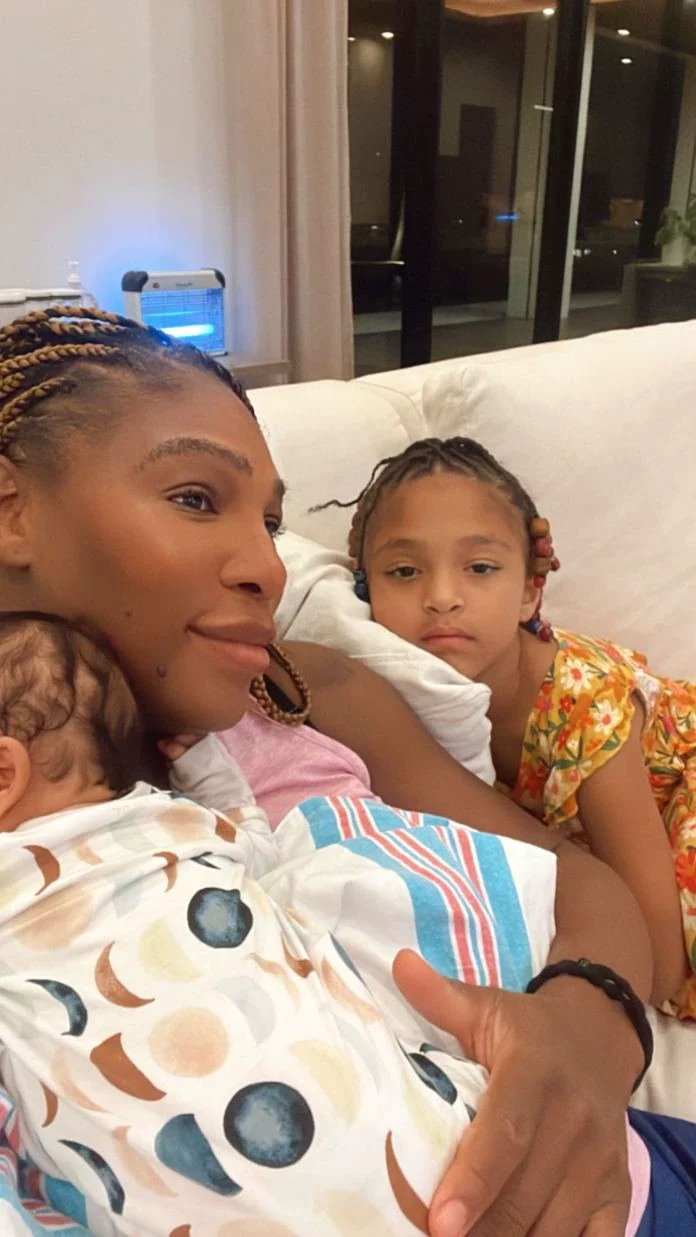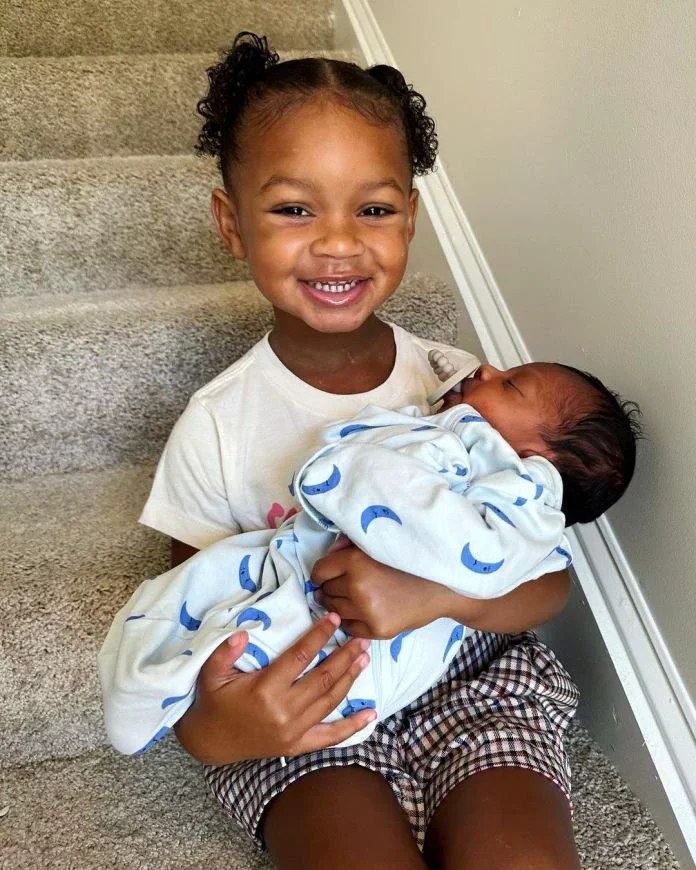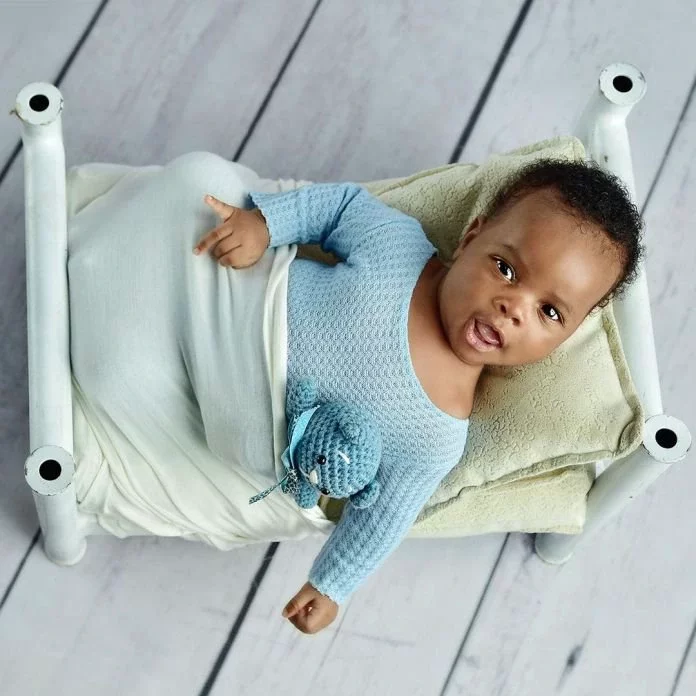Babies cry because it is the only way they can communicate for the time being.

When babies are hungry, hurt, feeling sleepy, in the mood to play, or craving your attention, they cry. They do this because they can not do anything about it themselves and have no way to get you to notice them.
Crying is one thing every parent learns to put up with. It's tiring and frightening trying to figure out what your child wants - especially when your child is well fed and seemingly comfortable, yet, you can't seem to figure out why he/she cries.
There are so many reasons babies cry, here are a few of them:
1. Hunger

Hunger is the one of the most common reasons for a baby to cry. Most often, supplying food becomes the first option for a solution.
It is necessary to offer to feed your baby when he/she starts to cry, especially if they tend to feed in smaller quantities and at more frequent paces.
It is necessary for you to pay close attention to your baby's signs of hunger so you could feed her before she begins to cry. Some signs might be fidgeting, moving of the head from side to side, opening and closing of their mouth or sucking on their lips, hands or clothing.
2. Tiredness

Babies cry when they are tired and they need to sleep. As a parent, you can try a number of things till you can find what soothes your baby to sleep. You can rock or sing them to sleep.
3. Dirty Diaper

Your baby's tender skin might be irritated by the dirty diaper, and cause them to cry out. If you suspect your child is uncomfortable because of a wet or soiled diaper it is best to take a quick peek or do a sniff test before they start to cry.
If your baby is the type to be fussy about diaper changes, make sure to have a toy or song ready to distract them while you change.
4. Overstimulation

Babies learn from interacting with the world around them. They might find it hard to process happenings around them if it is happening all at once.
Too much noise or light or being crowded or passed from one stranger to the other translate to commotion to her and might cause her to get upset and cry.
If this happens, try getting her away from it all to somewhere quiet and familiar till she calms down. Don't let this scare you from letting your baby out, for he/she could cry if she's bored and under-stimulated. Stimulation is a prerequisite for learning.
5. Need for Attention

Babies are happy when they are with their parents or familiar loved ones and which is why they require your company to develop well and learn to be calm rather than agitated.
They would often cry out of loneliness because they are not being held and do not feel a sense of reassurance or comfort. They just want to be held close- they are too young to understand when a person is occupied.
6. Hurt/Illness

It's natural for babies to cry more often than usual when they are ill. After a while, you will get accustomed to the crying pattern of your baby. You would be able to tell when it isn't hunger or frustration. It would most likely be weaker, and probably high pitched.
Ensure you check your baby's temperature and be on alert for other signs of illness, such as vomiting and lack of weight gain. Ensure you bring it to your paediatrician's attention as soon as possible.
Your baby may be uncomfortable and falling ill because of teething. So if you suspect so try feeling around the gums for the hard nub on an emerging baby tooth. Teething usually starts between 4 to 7 months but it may happen earlier.


















Comments